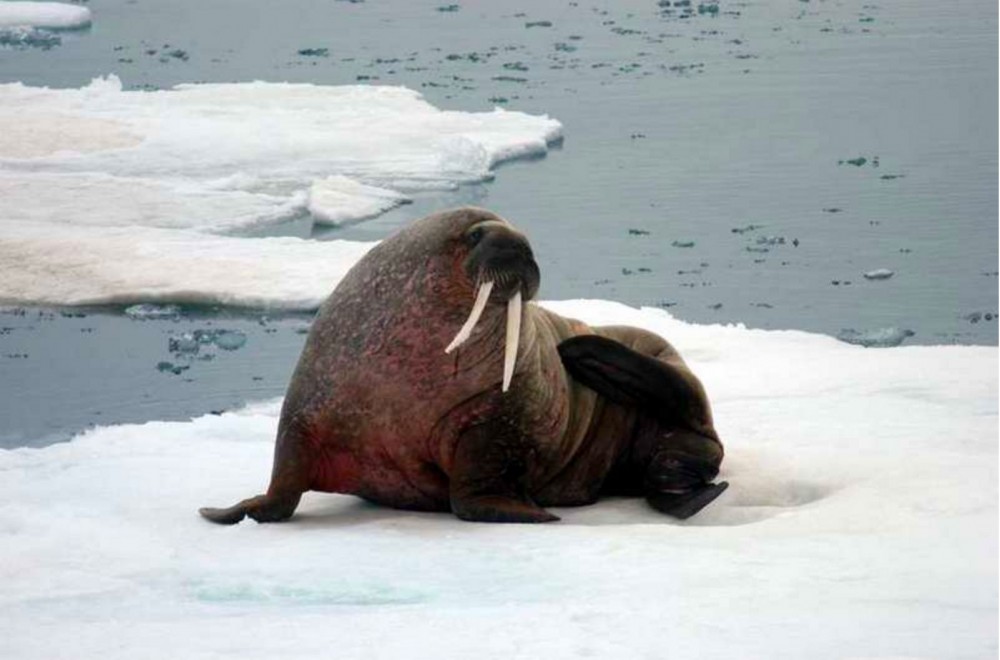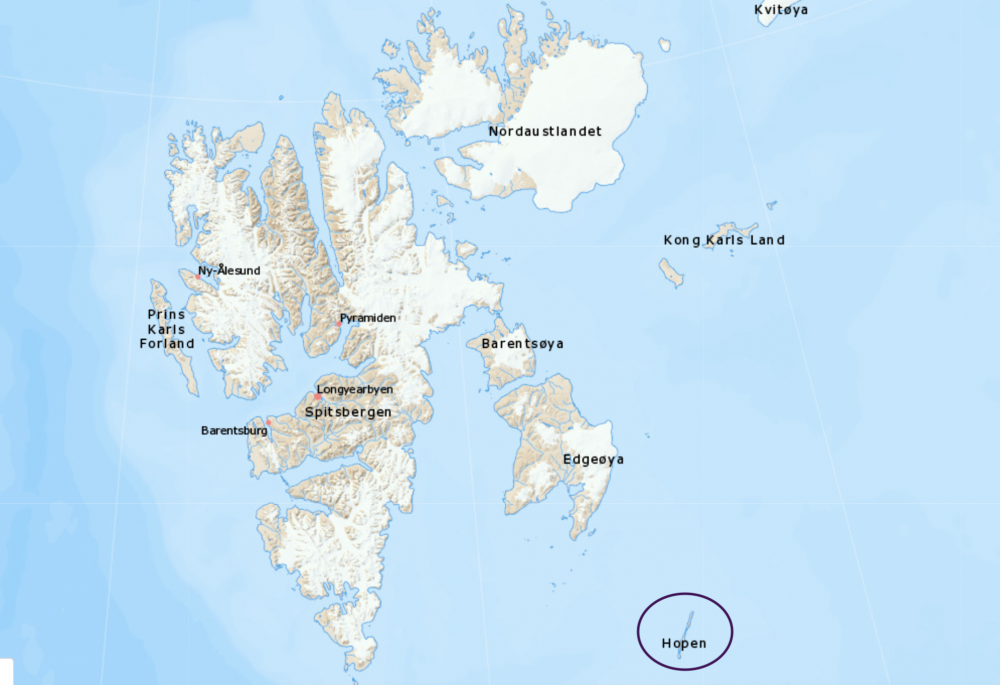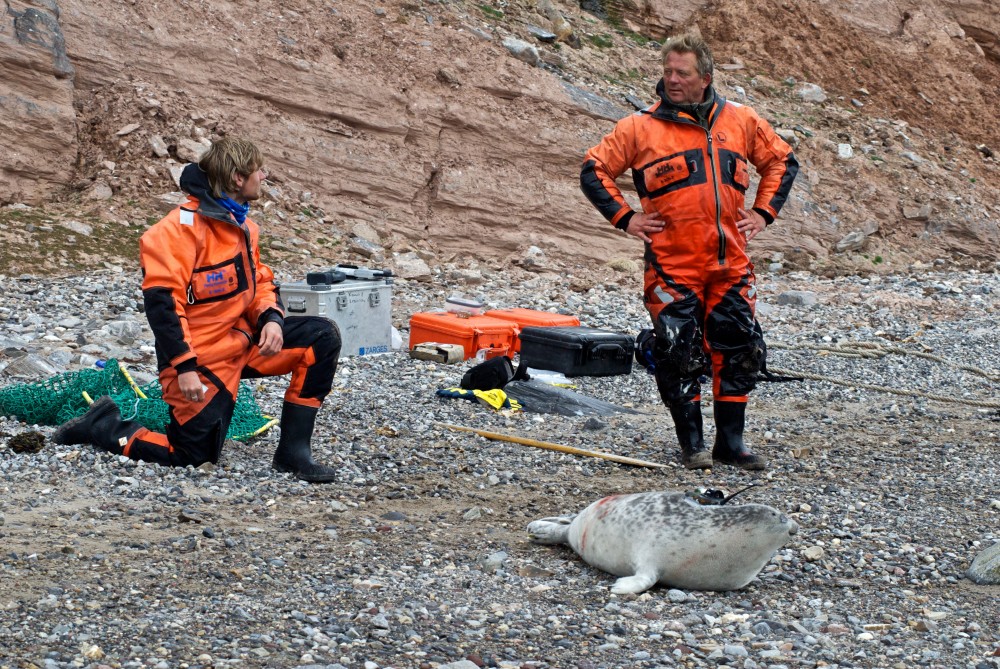
The first case of a walrus dying of bird flu registered on Svalbard
ADVERTISEMENT
The first case of a walrus dying from bird flu has been detected on Hopen Island in the Norwegian archipelago of Svalbard, Christian Lydersen, senior scientist at the Norwegian Polar Institute told the Barents Observer on Tuesday, April 30.

According to Lydersen, the samples from the dead walrus were collected last year on Svalbard by Håvard Lervik Hansen from The Norwegian Meteorological Institute, who used just ordinary q-tips to take samples from the eyes, nose, and mouth of a dead walrus. The samples were then sent by Lydersen’s team to a lab in Germany, where the virus was detected.
“Walruses eat birds and last year there were a lot of dead birds in Norway because of the bird flu.”, Christian Lydersen said and added that there is a high probability that some other groups of dead walruses also could be infected with the bird flu:
“Last year we got several reports from tourists and scientists that they saw around six walruses dead here on the west side of Svalbard. Unfortunately, we couldn’t sample them as the dead walruses drifted away by the time we got to the place. But it’s not normal to get so many reported dead walruses in such a small area. Walruses tend to lie on top of each other. So if one has the bird flu, there is a very good chance that the flu was spread to others.”

The fact that more mammals are now dying from what originally was a disease for birds, is a potential danger for humanity as well. While there have already been rare cases of humans becoming infected with the bird flu, the situation hasn’t escalated to a pandemic yet.
“The concerning part is that the bird flu virus has shown the ability to be able to mutate, to go from birds to mammals and has already been found in humans, - Kathrine A. Ryeng, a veterinary scientist from the Norwegian Institute of Marine Research told The Barents Observer. “The main concern is that the virus could cause a new pandemic among humans”.

ADVERTISEMENT
This could also affect another resident of Svalbard - the polar bear, whose estimated population on the archipelago is around 3,000. The first case of a polar bear dying of bird flu has already been registered in Alaska this year.
“Walrus carcasses are normally eaten by polar bears. So potentially the spread of the virus among walruses could be bad for polar bears. But I don’t think there is any point in screaming wolf before the wolf is here”, Christian Lydersen told the Barents Observer. But anyway, during his fieldwork on Svalbard this year, his team is going to be on alert and sample as many dead mammals as possible.

As the tourism season is opening up more on Svalbard this summer, there will be increased chances that multiple visitors on the archipelago will be able to spot dead animals:
“It’s important for us to tell people that they shouldn’t touch a dead mammal if they see one, and report it to the local authorities as soon as possible”, Christian Lydersen, senior scientist at the Norwegian Polar Institute told the Barents Observer.
In case you see a dead mammal on Svalbard, you can report it to The Polar Institute of Svalbard or the office of the Governor of Svalbard.
ADVERTISEMENT
The Barents Observer Newsletter
After confirming you're a real person, you can write your email below and we include you to the subscription list.


